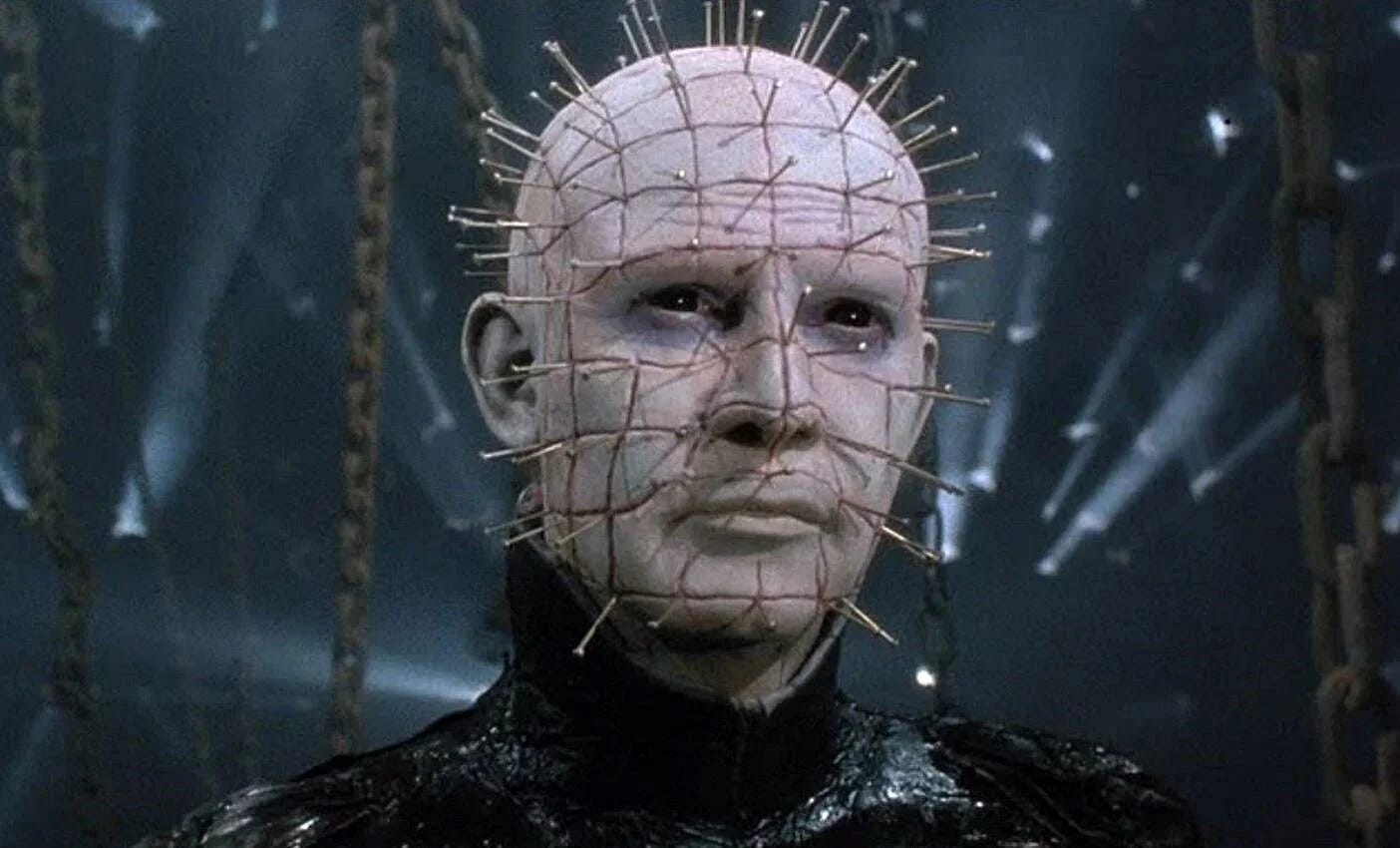Misery as catalyst
Evolution didn't build us to be happy
You are not built to be happy.
There was a study on this, you know1. People’s reported pain versus reported pleasure, from losses and gains. Many people won’t, actually, choose to flip a fair coin that pays out $150 on heads and -$100 on tails, even though any quant trader would tell you to flip that coin until the idiot offering this deal runs out of money.
Across various peoples’ reports, it looks like people feel losses at two and a half times the sharpness of gains. And this makes sense, from the standpoint of evolution trying to motivate us. A content creature isn’t going out and striving for more; not seeking out more opportunities or higher social status or a better mate or more nourishing food.
But there’s an unfortunate consequence to that adaptation, from our point of view. It means that while our happiness scale goes up to 10, our misery scale goes down to -25.
That’s pretty rough.
(Indeed some BDSM practitioners euphemistically refer to pain as “intense sensation”, and include it as a means of reaching higher highs than are otherwise attainable. And, more mundanely, many people like spicy food.
It means that to evoke really really strong emotion in someone, as strong as they can possibly feel, it can’t be positive-valence. The scale just doesn’t go that high.
I’m imagining receiving the best news possible—I’m not quite sure what it is—
“Exciting news! A cure for aging and cancer both was just invented. Furthermore, it turns out that this miracle cure was inspired by one of your late-night internet comments that you totally forgot about, but which the scientific team felt was “super insightful” so they listed you as an author on the paper and cut you in for the royalties. Here’s a check for seven billion dollars, and, you’ve become a universally beloved celebrity overnight. This helicopter on your lawn is here to take you to an awards ceremony in which all of your favorite celebrities and bloggers specifically congratulate you on that totally cool and brilliant thing you once thought, which is, naturally, going to be indefinitely enshrined in several history books and art museums. Also, all of this is voluntary and if any part of it sounds like a hassle, you can decline and instead retire to the private luxury island that a group of the actually cool philanthropic billionaires set aside, for when someone finally had the overall Best Idea.
I feel like the stunned elation of all that would still, still, be less emotionally intense than hearing a drunk driver killed your daughter.
It makes sense, evolution-wise. A happy organism isn’t one that feels compelled to go out and do shit. A happy organism is content, and has no striving. No, evolution favors a perpetually dissatisfied organism, one which is always just a little bit annoyed with how things are, always looking for ways to improve its situation. Better food better sex better life.
Sucks to be designed by something that doesn’t care if you’re happy. Or, that’s understating the problem; we were designed by something that does care if we’re happy, and is mildly opposed.
Kahneman, D., & Tversky, A. (1979). Prospect Theory: An Analysis of Decision under Risk. Econometrica, 47(2), 263-291.


Yeah, a happy monkey is a complacent monkey.
We’ll figure out how to do WireHeading Done Right eventually: https://qri.org/blog/wireheading-done-right